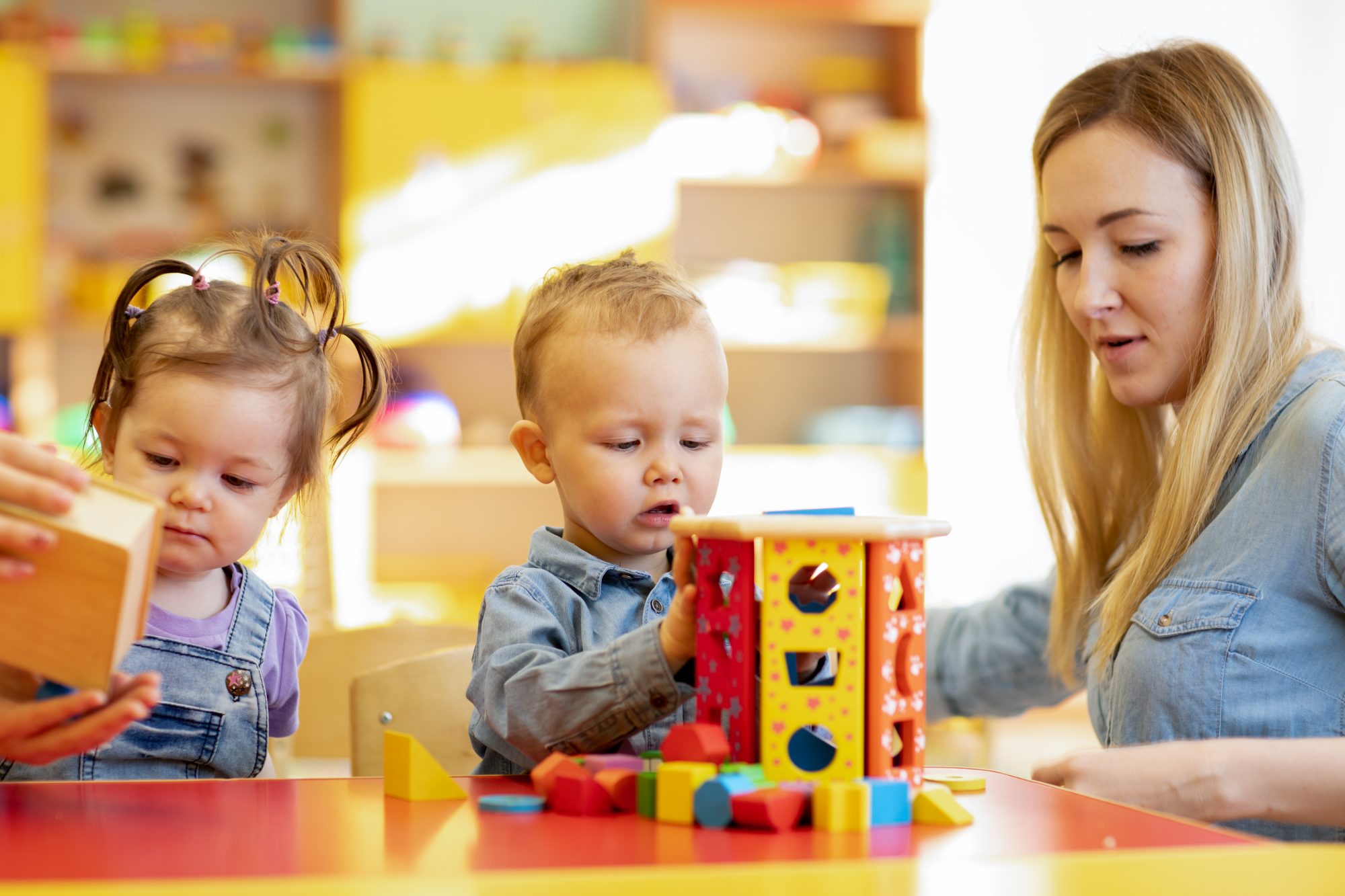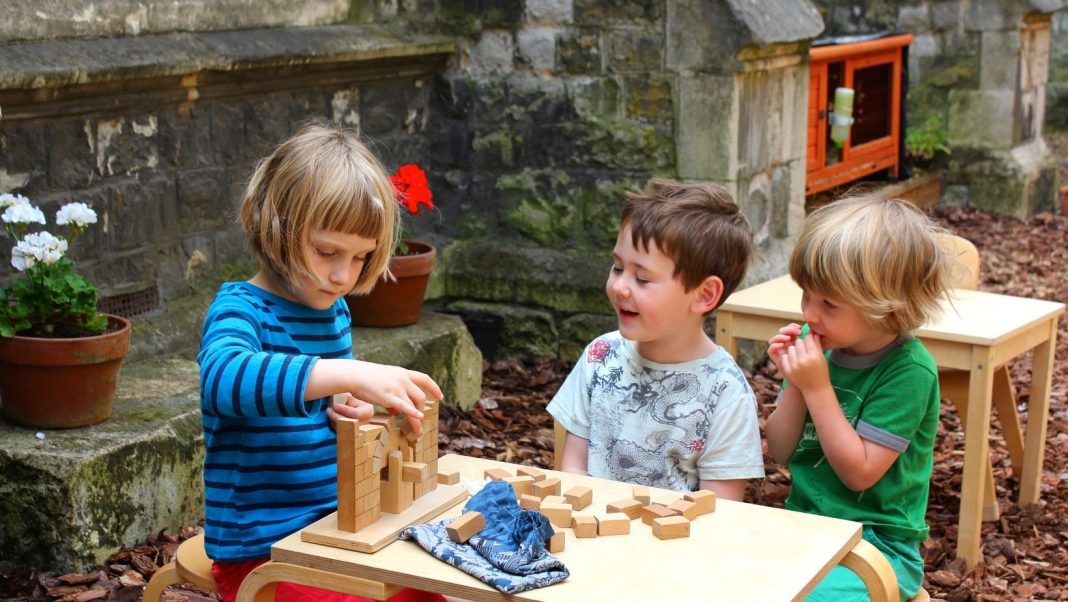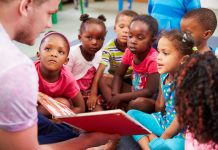A new YouGov survey suggests a difference of opinion between teachers and parents on what is known as “school readiness”
Teachers surveyed said more than half (54%) of children starting reception are not “ready for school” while 89% of parents said they felt their child was ready. For school readiness, teachers said they expected several skills, such as holding a pen and recognising letters and numbers.
Dressing, eating, and using the toilet independently; playing, taking turns and sharing; and being able to concentrate for short periods were also noted. Nearly every teacher said they had at least one child in their class lacking some of the skills identified, and the situation had worsened for every aspect of school readiness compared to 2022 figures.
Parents accepted the importance of these elements; however, nearly a fifth didn’t think their child needed to be “toilet-trained” or able to eat independently. Over a quarter didn’t think their child should be able to share or play with other children, and nearly half didn’t think they needed to be able to hold a pencil.
Why are children starting school without some of these skills?
Teachers acknowledged there was perhaps a lack of parental understanding of what “school readiness” means or simply not seeing it as an area of parental responsibility. They also pointed to parents spending more time on electronic devices and less time reading with their children; lack of parental support from public services and the wider community; and variable quality of early years settings.
“Schools need to be ready for children, not children ready for school”
The survey was soon trending on Twitter with opinions such as “schools need to be ready for children, not children ready for school”. This is a sentiment I wholeheartedly support – of course schools need to meet the child where they are and provide what is developmentally appropriate to each child. However, it is about ensuring the interplay between education, child, and parent provides the perfect ground for the child’s development.
Participating in the research, one senior teacher said, “I really don’t think parents have any idea [of the developmental milestones expected by Reception]. There is so little given to them before they start school, the most in-depth information is around the two-year developmental check but then there’s a huge gap between that and starting school.” Even if parents do know what the milestones are, they don’t necessarily know how they can best support their children in getting there.
Preparing adults to support children’s development
Be they, teachers or parents, Montessori emphasizes preparing adults to support children’s development. From birth onwards, we honour children’s drive to do things for themselves so that they can become self-confident, independent thinkers and problem-solvers.
Free information for parents on Montessori approaches and easy-to-understand advice on how to support the developmental areas related to motor skills, language, independence and self-discipline can be found via the Aid to Life initiative developed by the Association Montessori Internationale. The Maria Montessori Institute offers online Montessori in the Home courses on child development in the home environment based on this initiative.

Advice to aid child development at home before school
- Reading to your child every day – they can learn rich language from stories even before they can speak themselves
- Encouraging them to express themselves and speak for themselves by asking open questions
- Encouraging them to do things for themselves – show them the simple steps of an activity and then let them try for themselves
- Giving them time to be successful and learn from small mistakes and only step in and show them again if you see that they are giving up
- Letting them help in the simple tasks of everyday life – such as laying the table, peeling the carrots, filling the washing machine and making their own bed
By doing these things with children in this way from the start, we can expect our four-year-olds to be able to eat without help, put clothes on and use the toilet independently; play with others by sharing and taking turns; talk in simple sentences, follow simple instructions and be able to sit down and focus – all of which are identified as important aspects of being “school ready”.
Louise Livingston has over 30 years of experience in education, has an MSc in Educational Neuroscience and is undertaking a PhD in Educational Neuroscience. Louise is Head of Training at the Maria Montessori Institute, which offers Montessori teacher training and short courses at the UK’s only AMI training centre and an authentic Montessori school for children aged from 2½ to 12 years on five sites in North and West London. She is also the managing editor of the Aid to Life parent support initiative.















